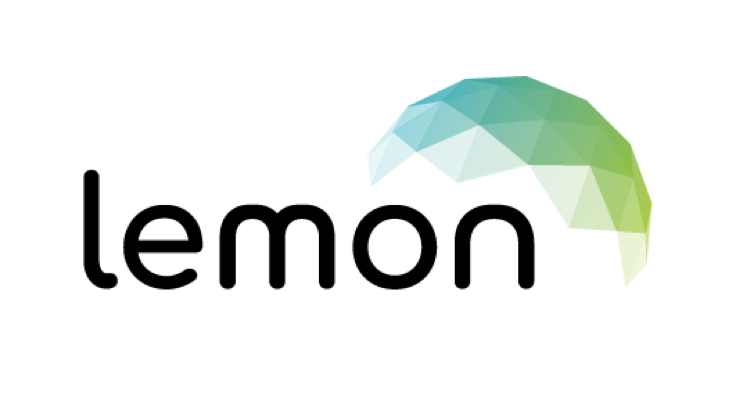Lidar Emitter and Multispecies greenhouse gases Observation iNstrument (LEMON)
In the EU-H2020 project LEMON, GFI will contribute with airborne validation efforts to the development of a new airborne/space borne measurement instrument.
Hovedinnhold
LEMON will provide a new versatile Differential Absorption Lidar (DIAL) sensor concept for greenhouse gases and water vapour measurements from space. During the last climate conference in Paris in December 2015, climate-warning limits have been discussed and agreed upon. In such frame, the need for a European satellite-borne observation capacity to monitor CO2 emissions at global, European and country scales has been identified, as stated by the Copernicus report “Towards European operational observing system monitor fossil CO2 emissions”. New space missions are now being used (GOSAT, AIRS, IASI, …) or planned (OCO, IASI-NG, MicroCarb, MERLIN, …) for CO2 and/or CH4. Given the technical challenges, they are up to now mainly based on passive (high resolution spectrometers) instruments, Lidar instrument-based mission (MERLIN) is currently in development in Europe to probe methane only. Therefore, the main goal of LEMON is to develop a versatile instrument, able to target CO2, CH4 and water vapour stable isotopes (H216O and HDO only, from now on referred to as water vapour or H2O and HDO explicitly) with a single laser emitter. The consortium consists of ONERA (FR), FAUNHOFFER (DE), CNRS (FR), KTH (SE), SPACETECH (DE), UiB (NO), INNOLAS (DE) and L-UP (FR). It has full expertise at Earth Observation technologies (from receiver, data acquisition, instrument control and versatile emitter) and is therefore able to fully explore, understand and validate the aforementioned advantages. The consortium is highly motivated to set-up and perform demonstrations at all instrument levels in order to showcase the project results. This will include the instrument set-up, TRL6 instrument validation, airborne demonstrations and CO2, CH4, H2O isotopes measurements, as well as roadmaps and preliminary experiments towards space operation. The LEMON total grant request to the EC is 3 374 725€ for the whole consortium and the project will be conducted within 48 months.
